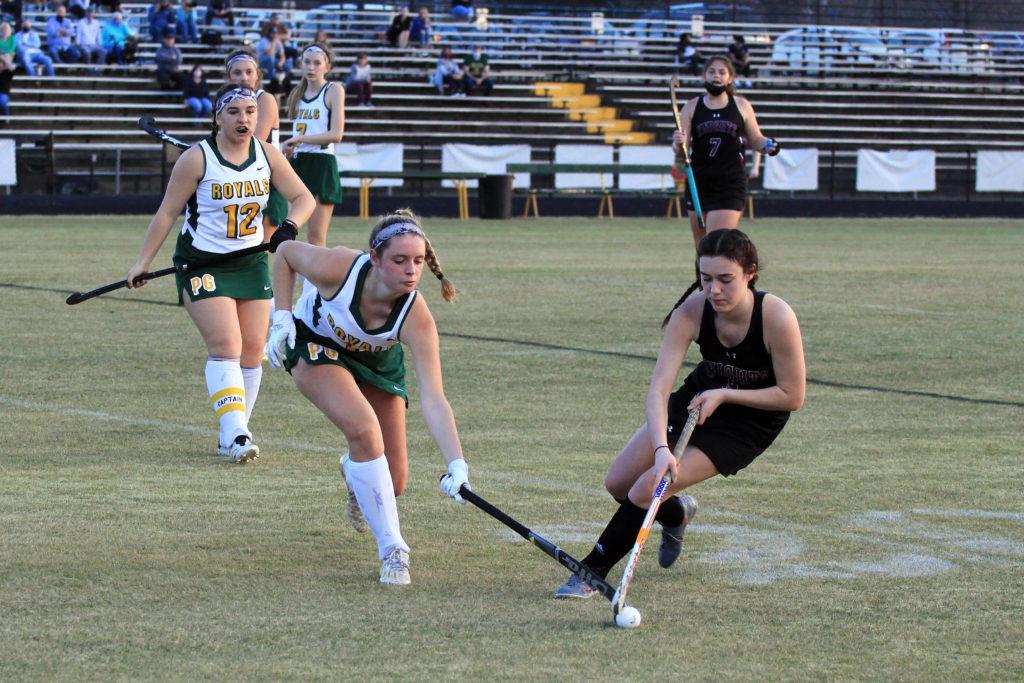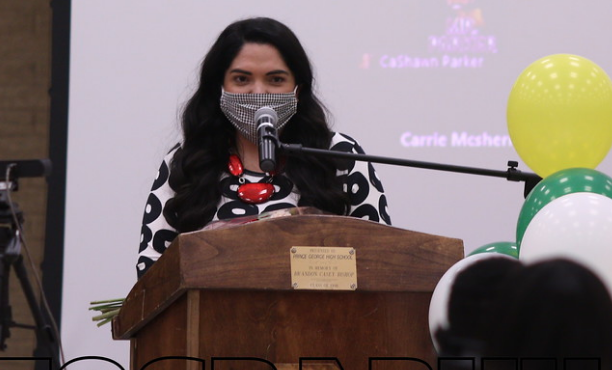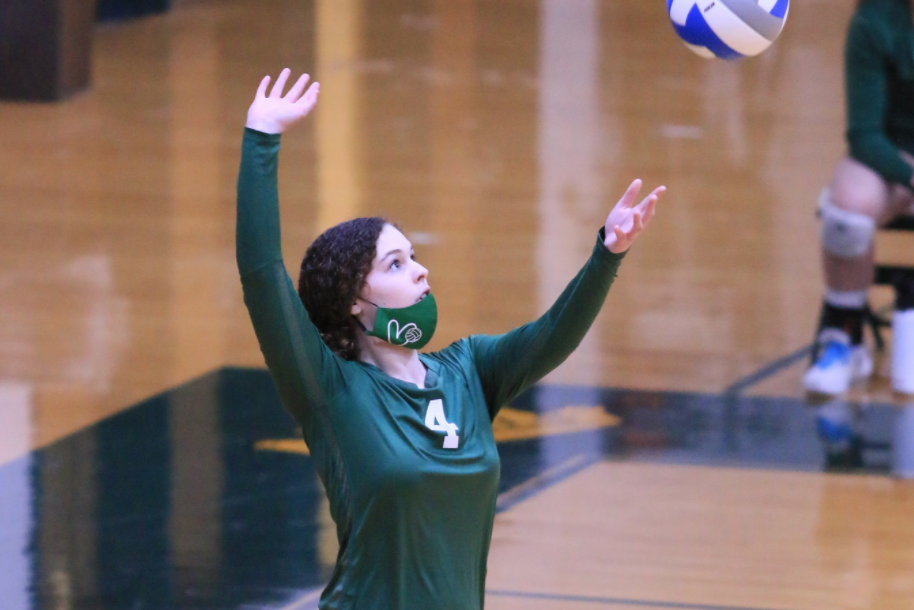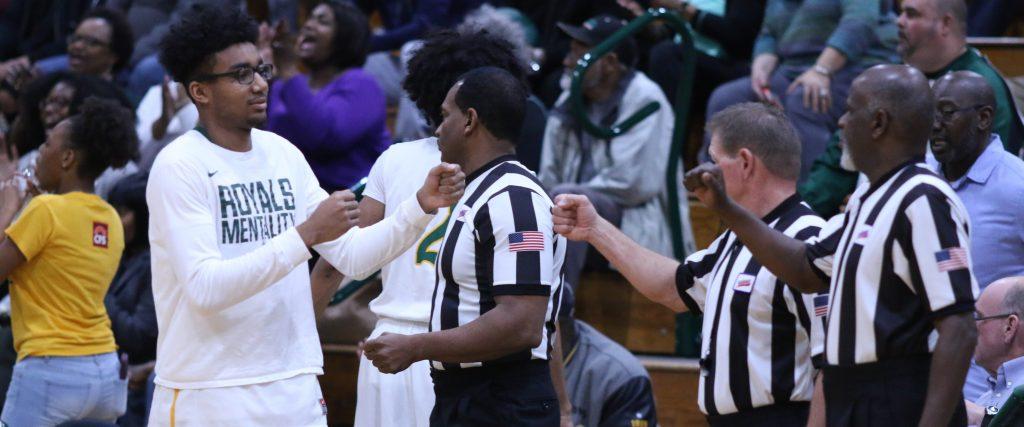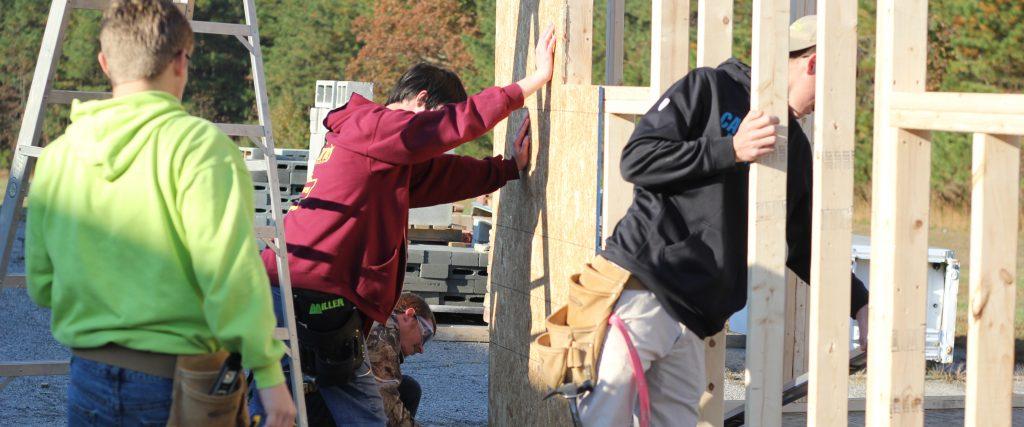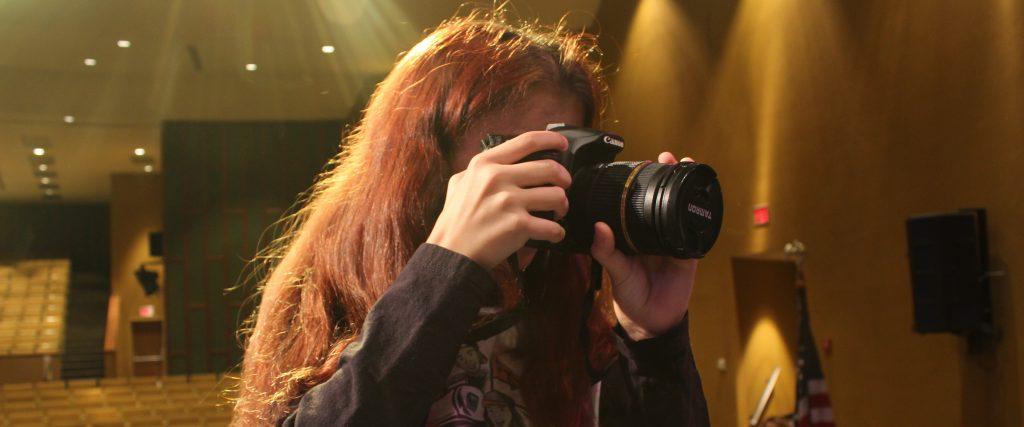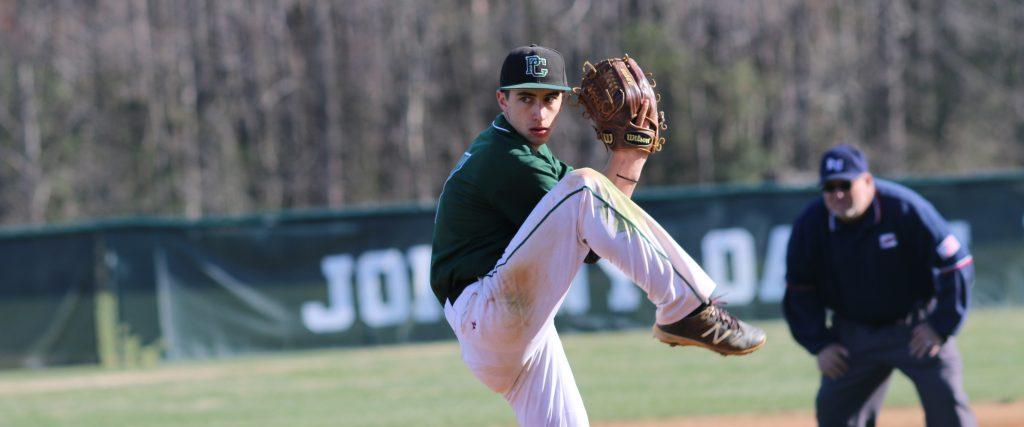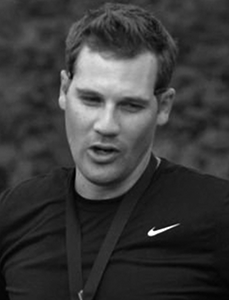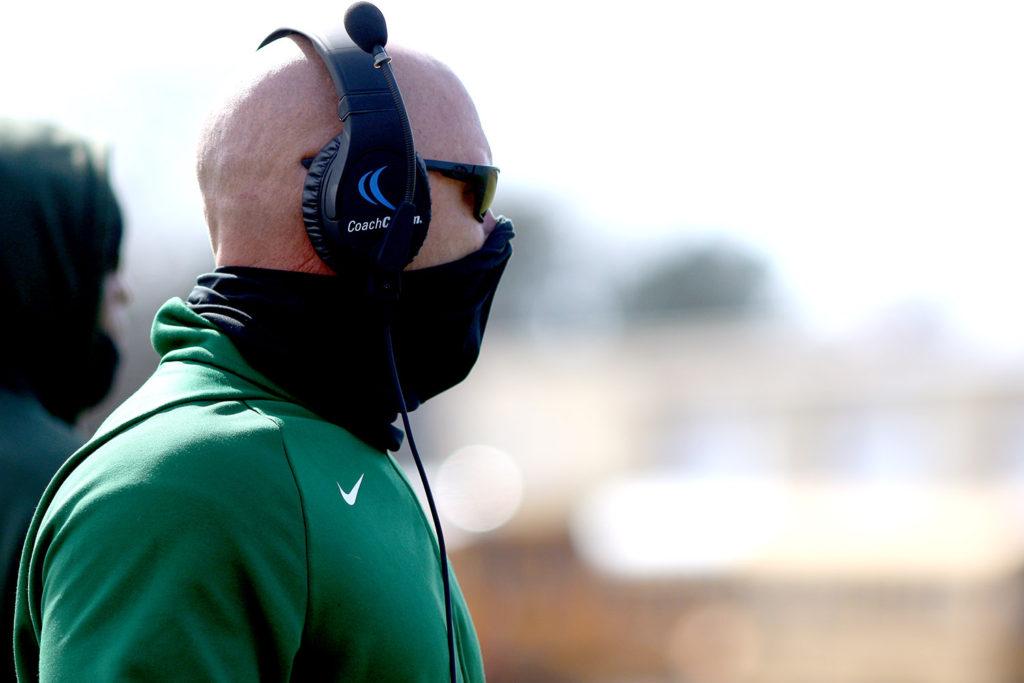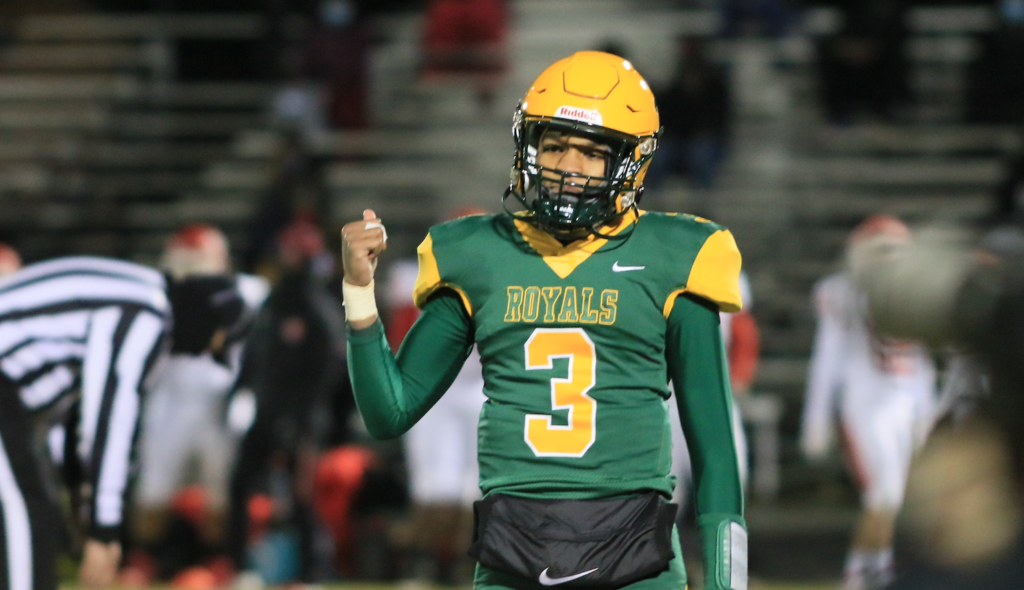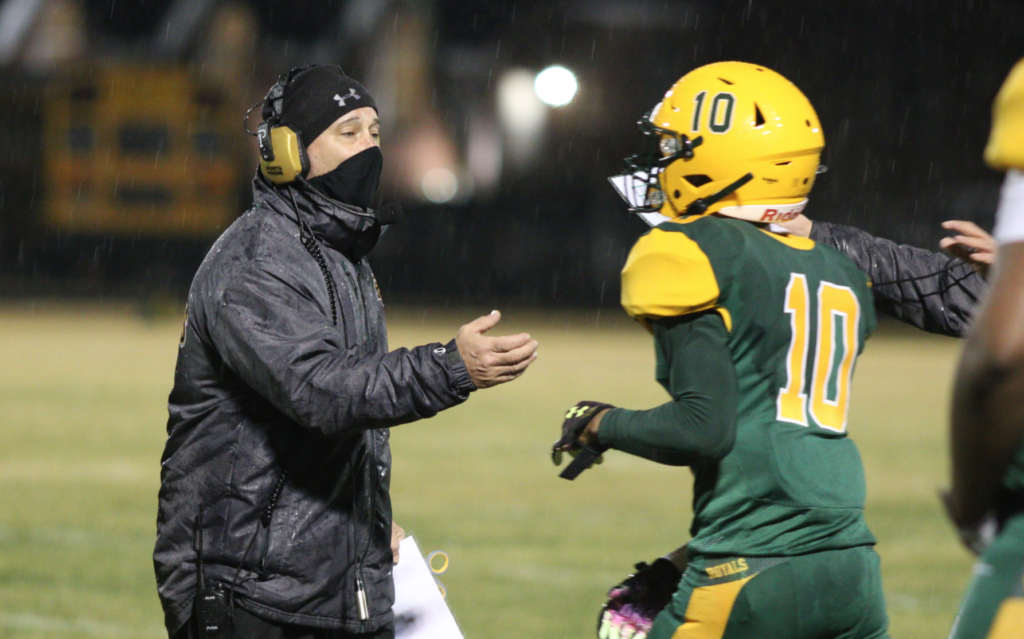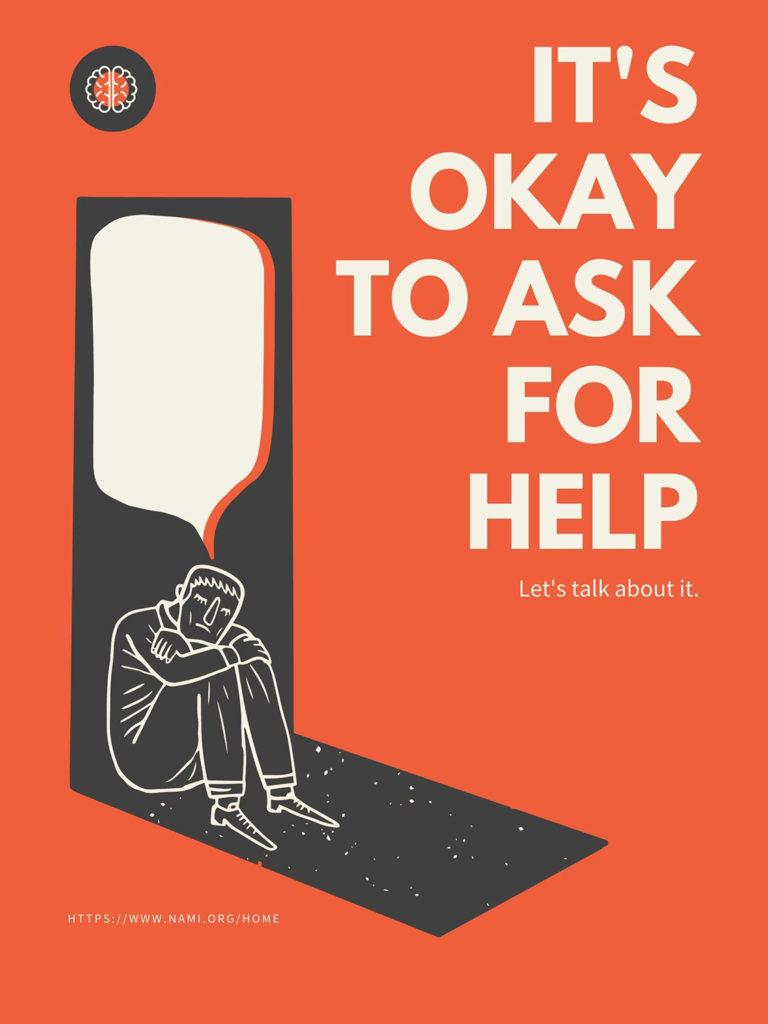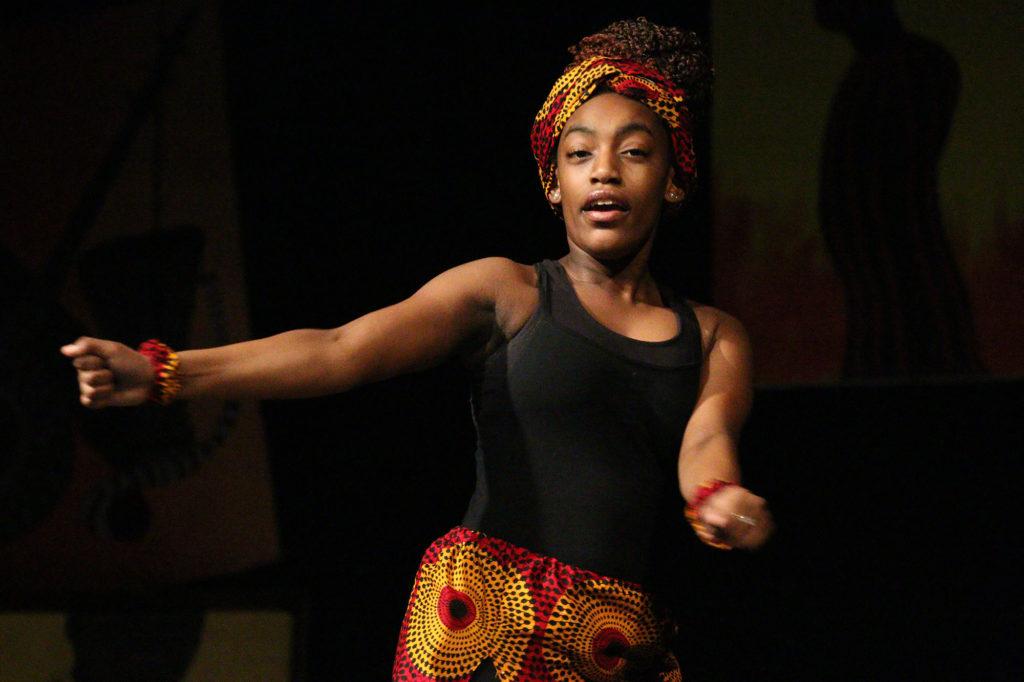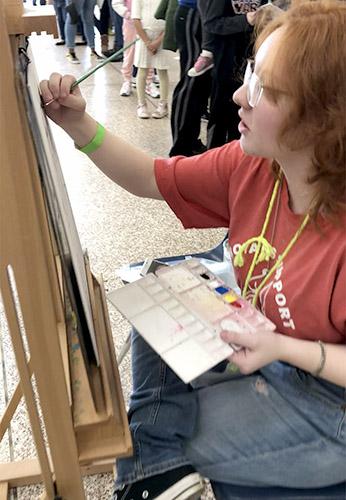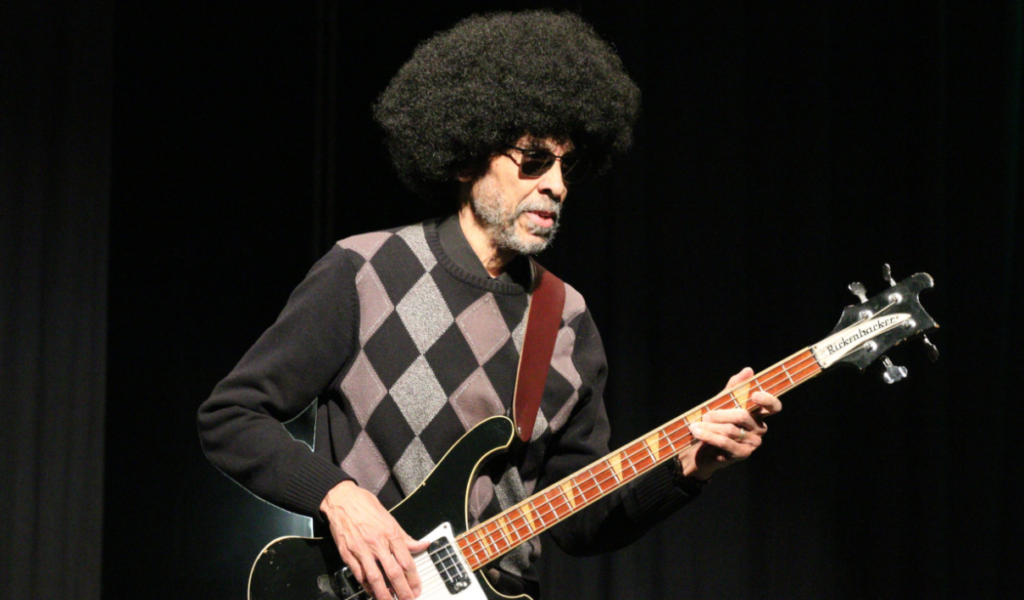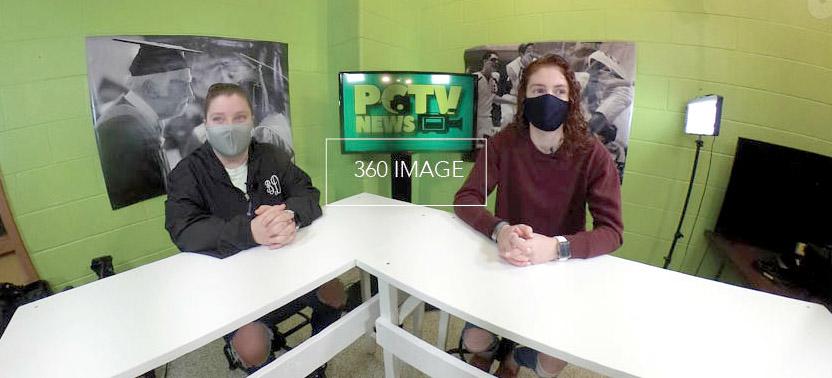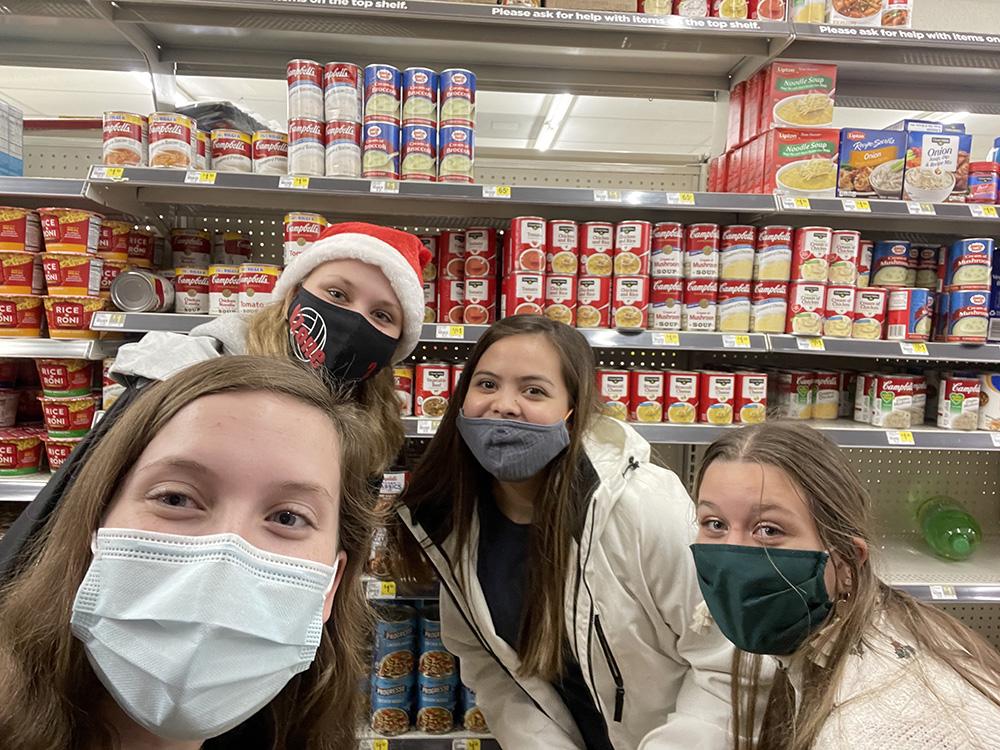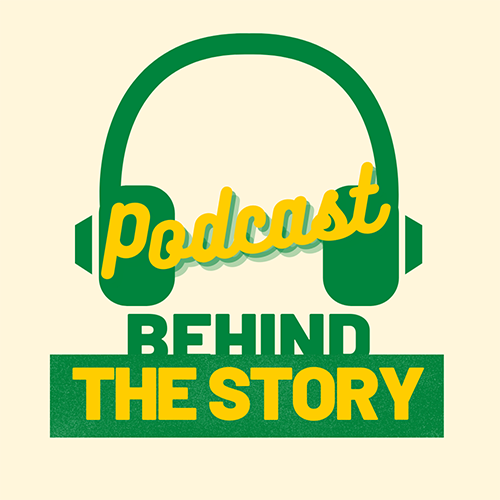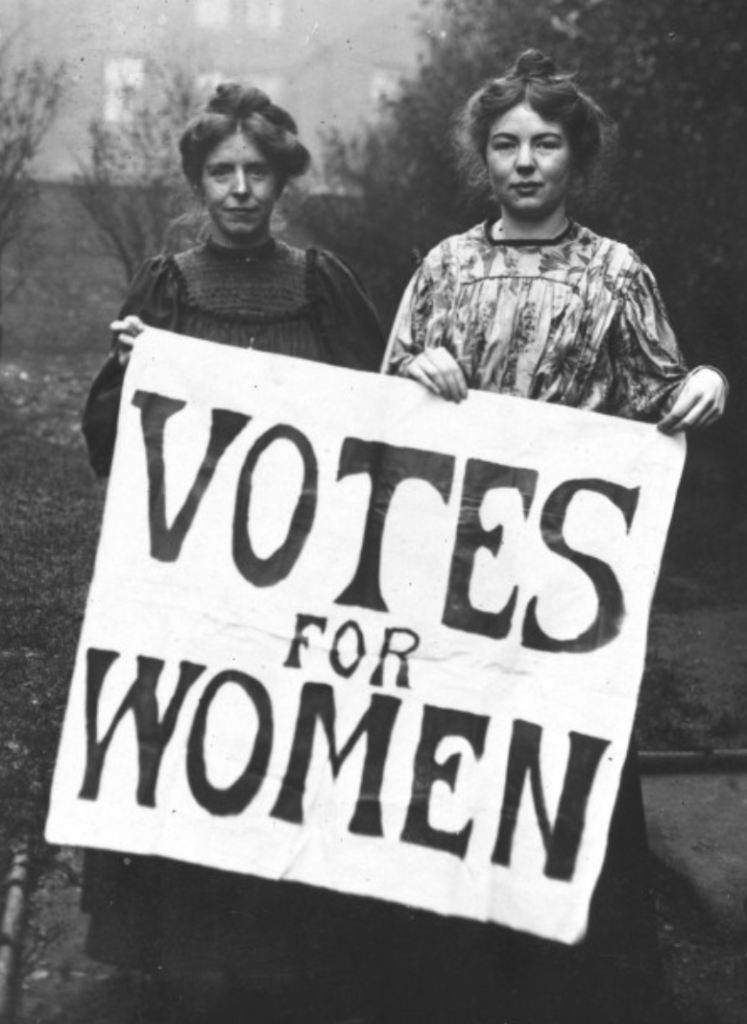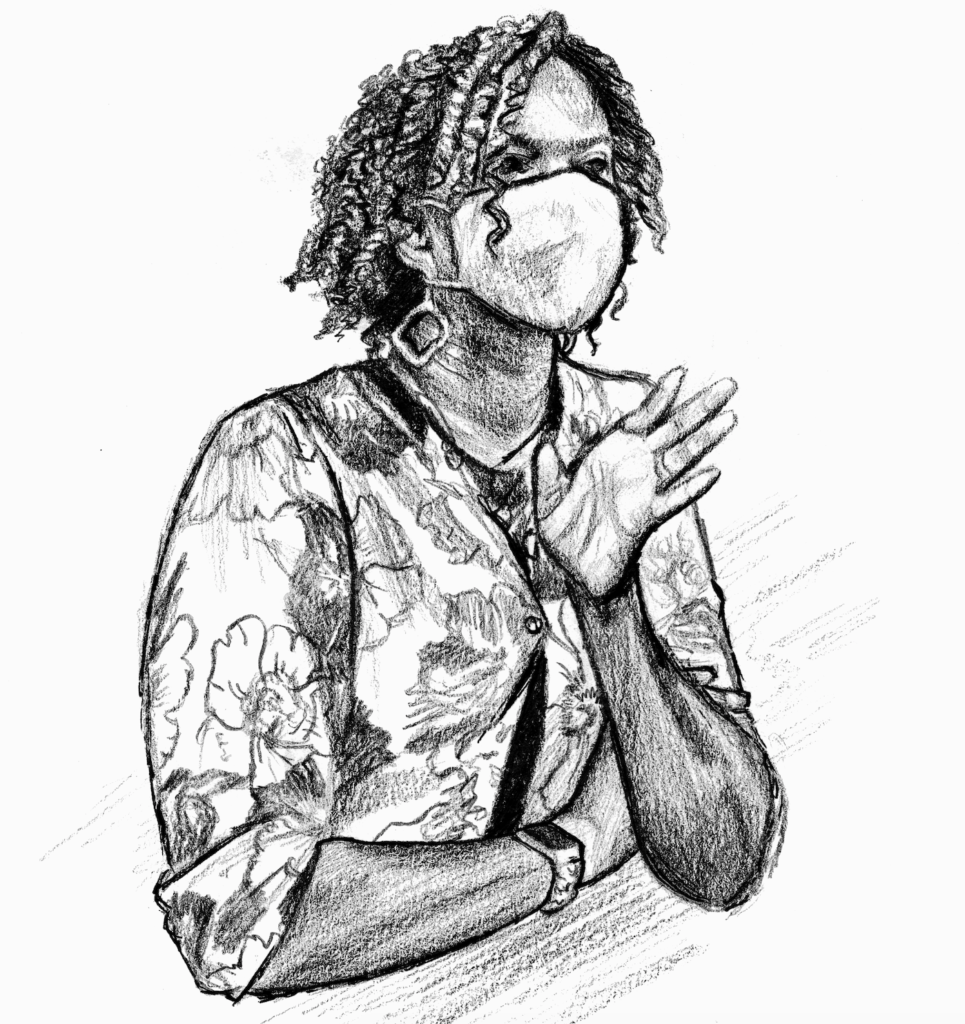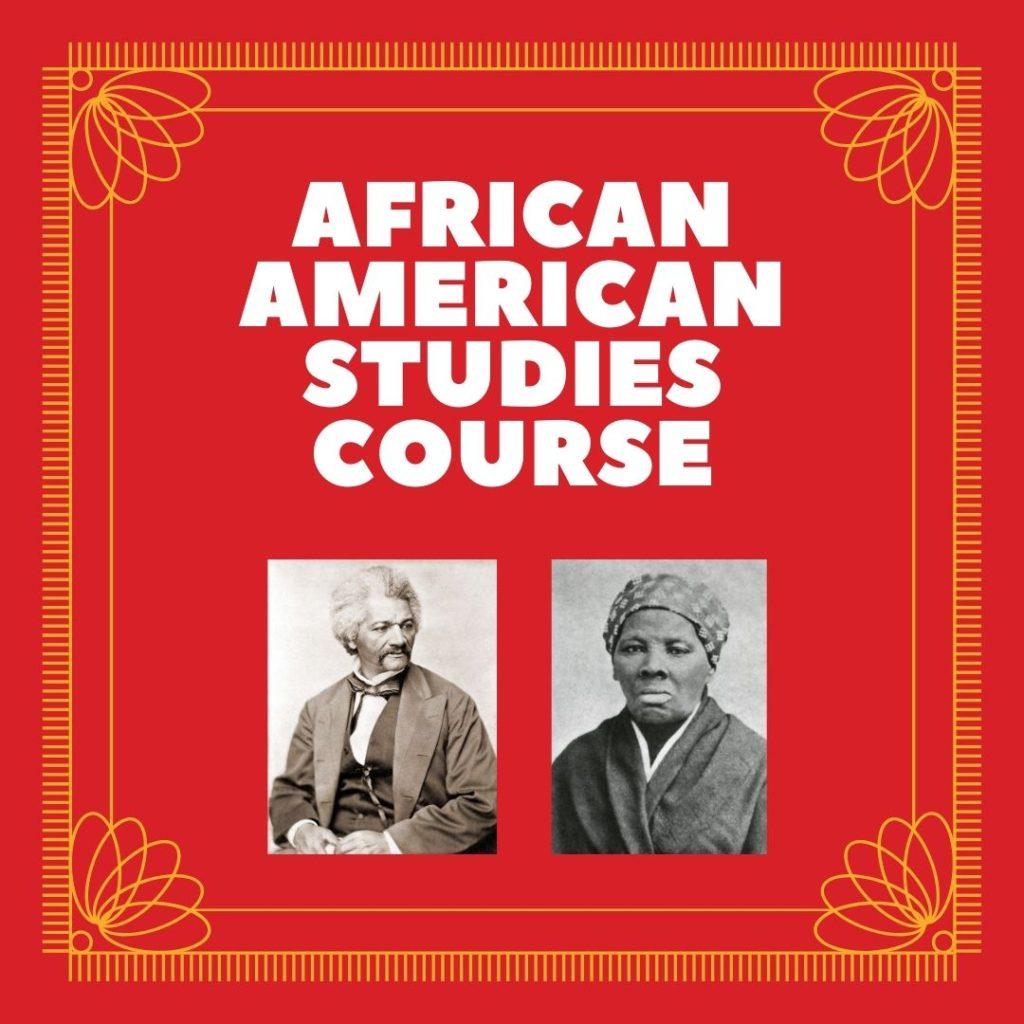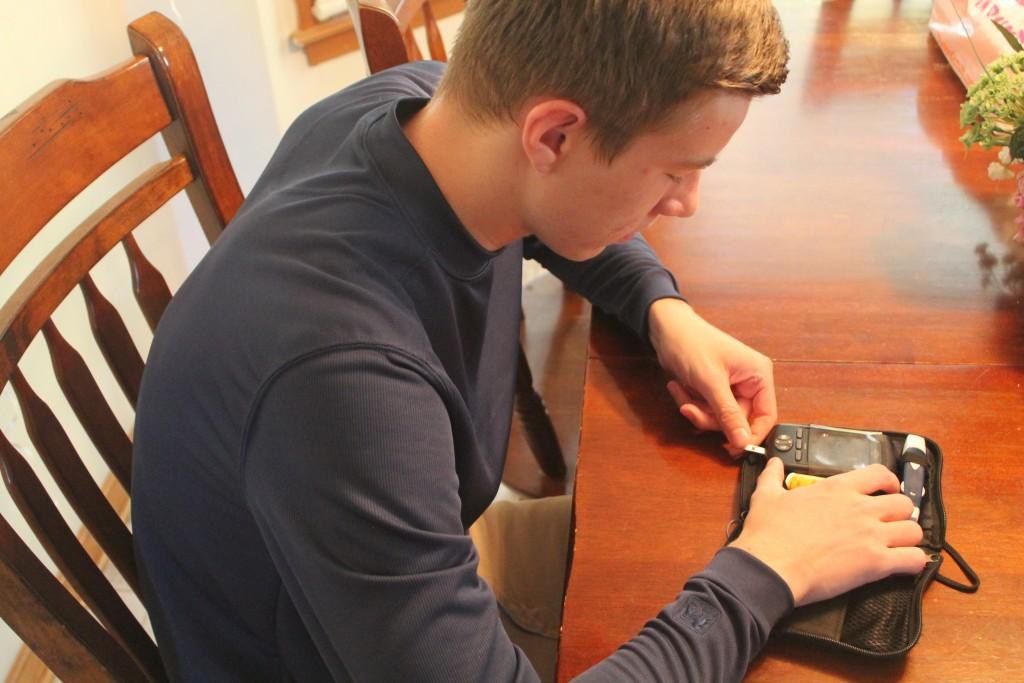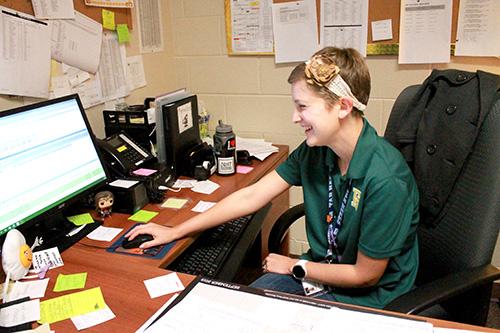Senior Logan Chadek sits down to eat his lunch, but before he can take one bite he has work to do. He must make sure his blood sugar is at the proper level by securing a drop of blood for his glucose meter.
November is Diabetes Awareness Month. Diabetes is a disease that affects the pancreas. There are two different types of this disease. In Type 1, the pancreas can not produce insulin, a hormone that is needed in order to turn carbohydrates into energy. In Type 2, the pancreas produces irregular amounts of insulin.
This disease affects an estimated 200,000 people under 20 years old in the United States; that number is projected to go up to 600,000 by 2050 (JDRF.org).
There are four students and one teacher in Prince George High School with diabetes, and although they may have to be a little more cautious, it may be hard to pick them out of the crowd.
Chadek, a senior at Prince George High, has dealt with this disease all his life; he was only 13 months old when he was diagnosed.
This disease has different effects on different people; for some, it can be hectic, and even stressful. This can be especially true for high school students. Sometimes the disease may cause for missing assignments or notes.
“I miss out on a lot of deadlines [because of shots, or changing sites for my pump],” Chadek said.
Fellow student Dominic Wishaw has some distinct memory of when he was diagnosed.
“I was four years old,” Wishaw said. “I was taken to the hospital, I got blood drawn. I remember my mom and [I remember] being stuck a lot with needles.”
For most people diagnosed with diabetes, the change in lifestyle is drastic; it is not just the injections, or the sudden crashes either. The most difficult change is in the eating and drinking habits of the person.
“[I have to change] everything, what I eat/drink, drink a lot of water, exercise,” Wishaw said.
It is harder for younger people to adjust to the drastic changes that account for the disease, but Wishaw says he adjusted fine.
Diabetics can also still live active lives. In fact, getting involved in physical activity aids in keeping blood sugar in balance; however, too much exercise can cause it to bottom out.
This adds to their anxiety, because now, besides learning techniques and plays, they have to be able to know when to alert someone of possible fall outs.
“Yes, I am doing wrestling, [but also] just stressing about my blood sugar,” Wishaw said.
This can really take a toll on earning playing time: “It sucks because I miss out on practice,” Chadek said.
The diabetics all agreed that life with the disease is pretty erratic. If that is not enough, they balance it with homework, sports, clubs, and their social life. Even though Chadek and Wishaw may be stretching themselves, they balance it all pretty well.
Some even take advantage of their disease, turning it into a learning experience for their friends. Chadek even loves getting the chance to talk about what it means to him.
“I don’t mind telling [my friends], because I’ve had it all my life.” Chadek said, about telling people about his experience with diabetes.
There are other ways to find out about diabetes; from the internet, to all books on the disease, there are many resources to gain an understanding. Diabetes has no known cure, so until there is, please join your school in helping raise awareness for this life-changing illness.
